A Place Saver (I.D. XX)
I have no idea who Baldwin is, except that he seems to be an expert on information theory and, with someone named Ian Musgrave, is the co-proprietor of the "Information Theory and Creationism" website here. The paper I found criticizing "Intelligent Design as a Theory of Information" is part of this website. Its conclusion, "Where Dembski Goes Wrong," can be directly linked to by clicking here.
Baldwin says he identifies at least two egregious errors (one is that "Dembski makes a fantastic leap in assuming that an information metric derived from the probability of a single event (-log 2 p) and the shortness of the minimum algorithm needed to represent the event (Chaitin-Kolmogorov) are necessarily related") as well as several other weak points in Dembski's chain of reasoning.
But I find this critique goes into too much information-theoretical depth for me to grasp it as yet. So I am posting this brief message as a place saver, in hopes that after I investigate information theory a bit more — maybe a lot more — I'll be able to decide who's right, Dembski or Baldwin.






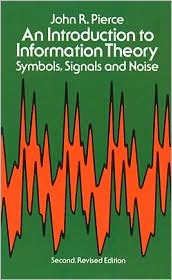

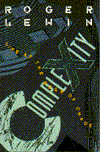

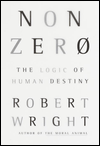

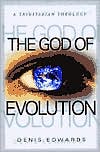

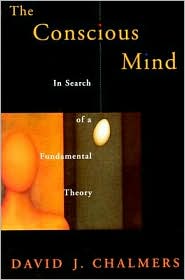
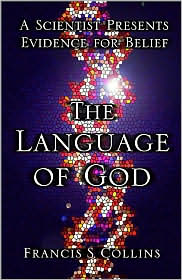


0 Comments:
Post a Comment
<< Home